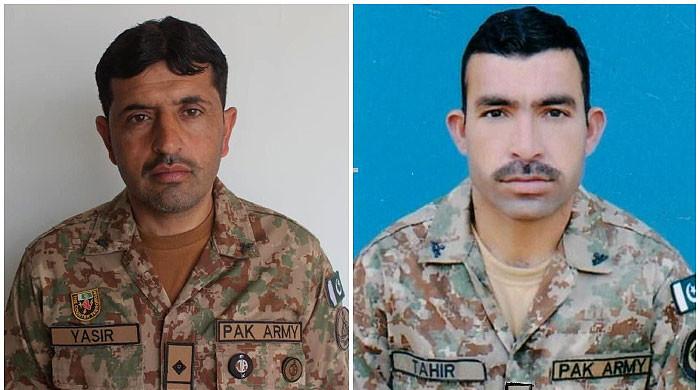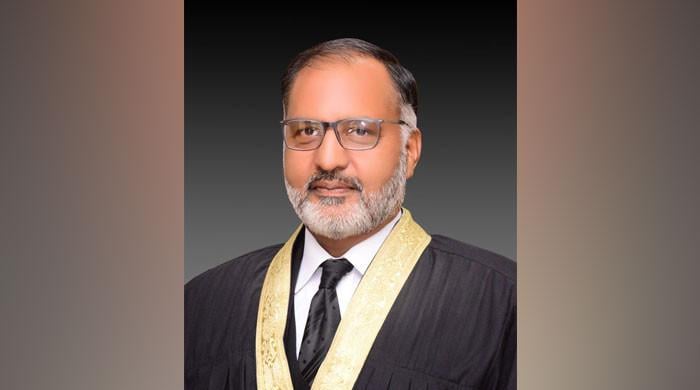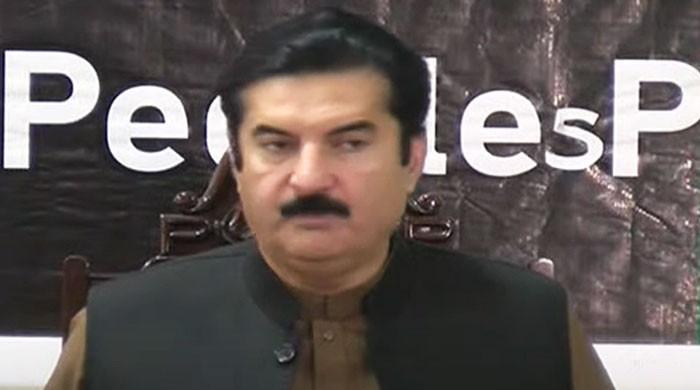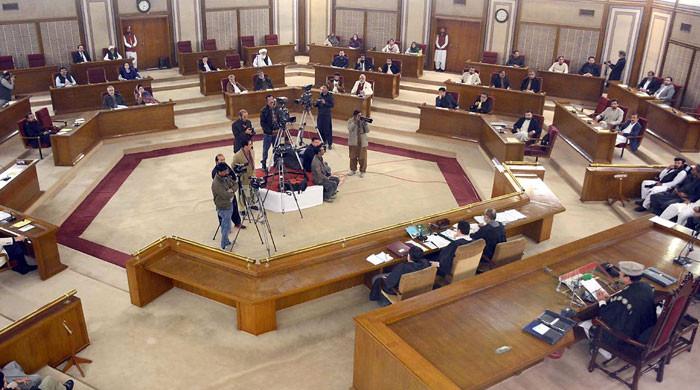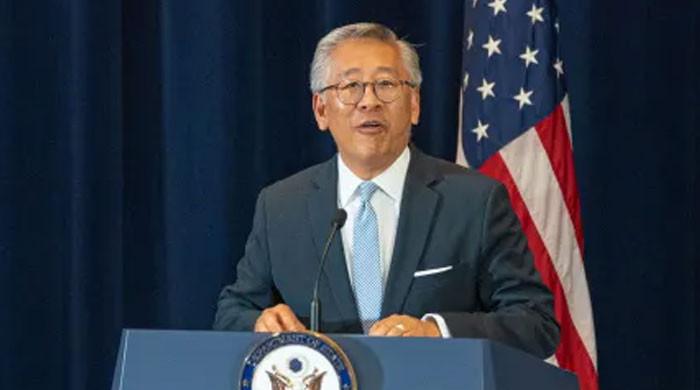[ad_1]
President Dr Arif Alvi, who was elected as Pakistan’s head of state after receiving majority votes from the Pakistan Tehreek-e-Insaf (PTI) in 2018, will complete his five years in office on Friday.
Despite the ouster of PTI Chairman Imran Khan from the prime minister’s office in April last year, after a no-confidence motion against him, and the subsequent departure of his party’s government, President Alvi remained in the office under the Pakistan Democratic Movement (PDM)-led coalition’s rule in Islamabad.
He will become the country’s fourth democratically-elected president to complete his tenure in office. Earlier, Chaudhary Fazal Elahi was the country’s fifth head of state (1973-1978), Asif Ali Zardari was the 11th (2008-2013), and Mamnoon Hussain was Pakistan’s 12th president to complete his term (2013-2018).
Dr Alvi, however, is likely to continue his term in office in the absence of an electoral college needed for the next presidential election and ahead of general elections next year. He has, so far, worked with three different prime ministers during his office term including Caretaker Prime Minister Anwaar-ul-Haq Kakar.
He also dissolved the National Assembly twice on the advice of the prime ministers.
During his term as president both before and after Khan’s ouster, Dr Alvi — a dentist by profession — has survived several major controversies including the reference against Supreme Court senior puisne judge Justice Qazi Faez Isa, controversy over the announcement of the election date, and refusing to sign numerous bills tabled by the PDM setup.
After the PTI government’s fall, President Alvi also played the role of a bridge for the party leadership to connect with the establishment.
President Alvi also made some important decisions regarding breast cancer diagnosis, workplace harassment cases, and cases pertaining to bank fraud.
Several bills, passed by the parliament during the PDM government, were returned unsigned by Dr Alvi. The bills included some crucial legislations including the Accountability Amendment Bill 2022, Supreme Court Practice and Procedure Bill, Code of Criminal Procedure Amendment Bill, HEC Amendment Bill, Election Act Amendment Bill regarding electronic voting machines (EVMs) and voting rights for overseas Pakistanis as well as the Islamabad Local Government Bill.
Here’s a recap of important events that marked President Alvi’s roller-coaster tenure in the President House spanning 2018 to 2023.
July 2018: Elected as MNA
President Alvi was elected as a member of the National Assembly from Karachi for the second time on PTI’s ticket in the 2018 elections.
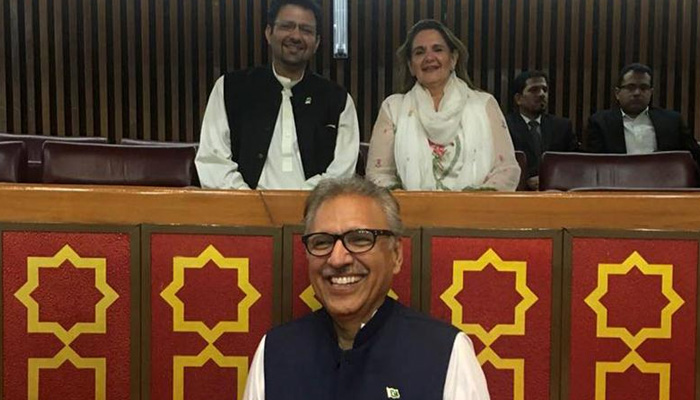
September 2018: Takes oath as president
He was sworn in as Pakistan’s president on September 9, 2018, after winning the presidential election by majority votes.
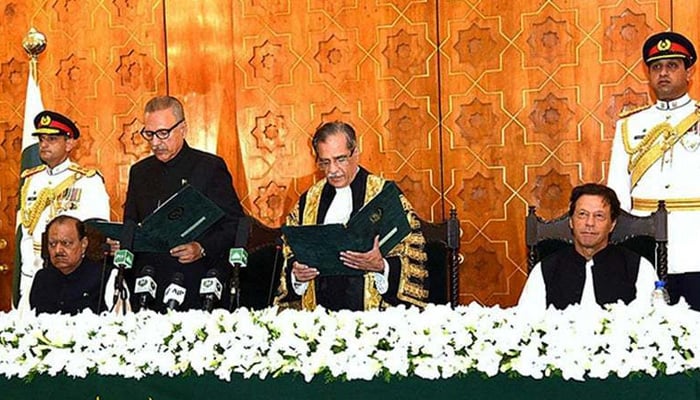
December 2018: President House opened for public viewing
Dr Alvi authorised the opening of the President House for public viewing.
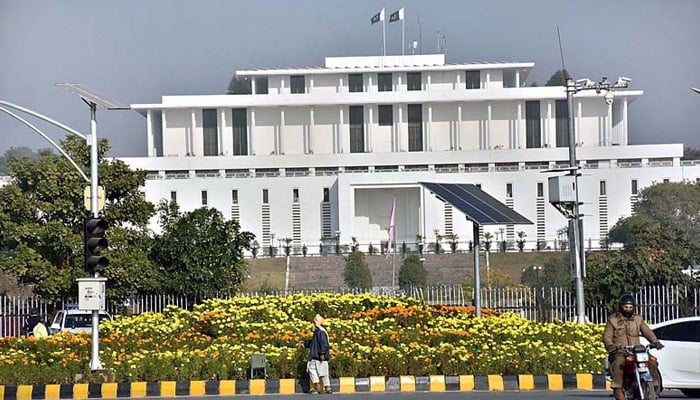
May 2019: Presidential reference filed against Justice Isa
Dr Alvi had sent a reference to the Supreme Judicial Council (SJC) against the country’s incoming chief justice, Qazi Faez Isa, during the PTI government’s tenure. The reference was turned down by the Supreme Court as “invalid”.
April 2022: Dissolves NA
The first time, Dr Alvi dissolved the National Assembly on April 3, 2022 — which was restored by the Supreme Court subsequently.
April 2022: Administers oath to federal ministers
President Alvi did not administer the oath to ex-PM Shehbaz for office soon after the PTI government was sent home. He only administered the oaths to federal ministers.
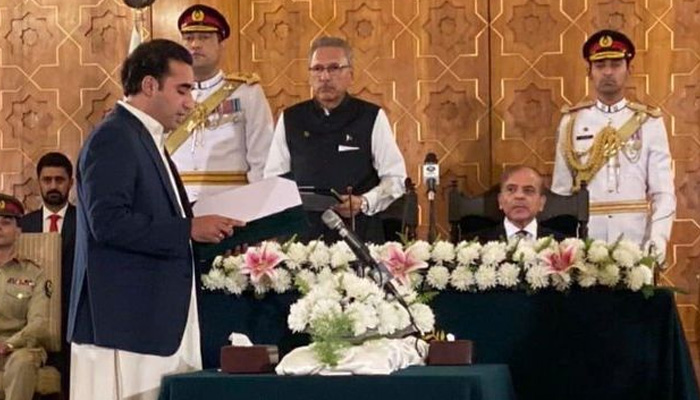
April 2023: Announces polls in Punjab, KP
After the dissolution of the Punjab and Khyber Pakhtunkhwa assemblies earlier this year, the governors did not announce the election, but President Alvi took matters into his own hands by announcing the date of elections in both provinces. There was, however, no implementation.
April 2023: Okays withdrawal of curative review of reference against Justice Isa
President Alvi granted approval, as per Article 48 of the Constitution, to withdraw the curative review reference and Civil Miscellaneous Application (CMA) filed against Justice Qazi Faez Isa, following the advice of then prime minister Shehbaz Sharif.
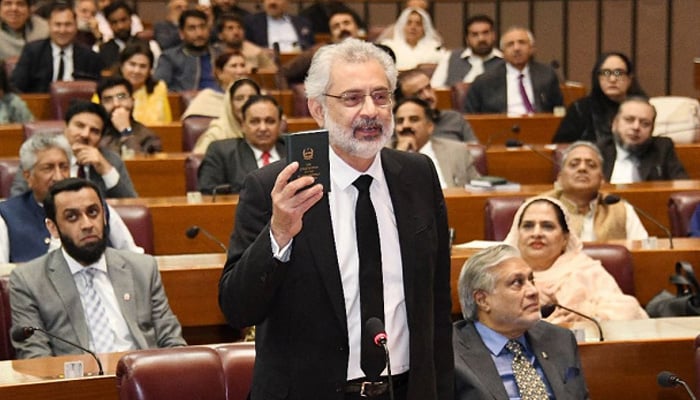
May 2023: Sends letter to ex-PM Shehbaz for Imran Khan
Following the PTI chairman’s first arrest in a graft case earlier this year, Dr Alvi wrote to former prime minister Shehbaz to ensure the protection of his life and constitutional rights.
March 2023: Writes letter to ex-PM Shehbaz for elections in Punjab, KP
After the dissolution of the Punjab and Khyber Pakhtunkhwa Assembly in January this year, President Alvi later wrote a letter to the then-premier, asking him to direct the provincial authorities to assist the ECP in conducting polls. Former premier Shehbaz reacted strongly to the letter and termed it a PTI press release.
June 2023: Approves appointment of Justice Isa as next CJP
President approved the appointment of Justice Qazi Faiz Isa as Pakistan’s next top judge.
August 2023: Dissolves NA again
Dr Alvi signed the dissolution of the lower house for the second time on August 9, 2023, on the proposal of former prime minister Shehbaz Sharif.
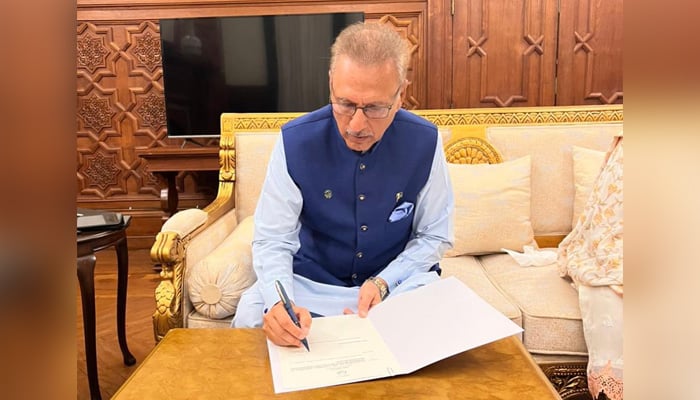
August 2022: Appoints PM Kakar
The president approved the appointment of Anwaar-ul-Haq Kakar as the caretaker prime minister.

August 2023: Controversy around amendment bills
Recently, the president denied approving the controversial Army Act Amendment Bill and Official Secrets Act Bill. President Alvi subsequently blamed his staff for violating his orders and not returning the bills despite his objections.
Before the president publically communicated his denial on microblogging website X, the bills were reported to have been approved and turned into law. He also dismissed his secretary, Waqar Ahmed, over the said dispute.
August 2023: Summons CEC for election date
After the dissolution of the National Assembly in August, Dr Alvi invited the Chief Election Commissioner (CEC) Sikandar Sultan Raja to discuss a date for the impending general elections. But the CEC excused himself from the meeting, maintaining that the ECP is authorised to make the decision following the Election Act’s amendment.
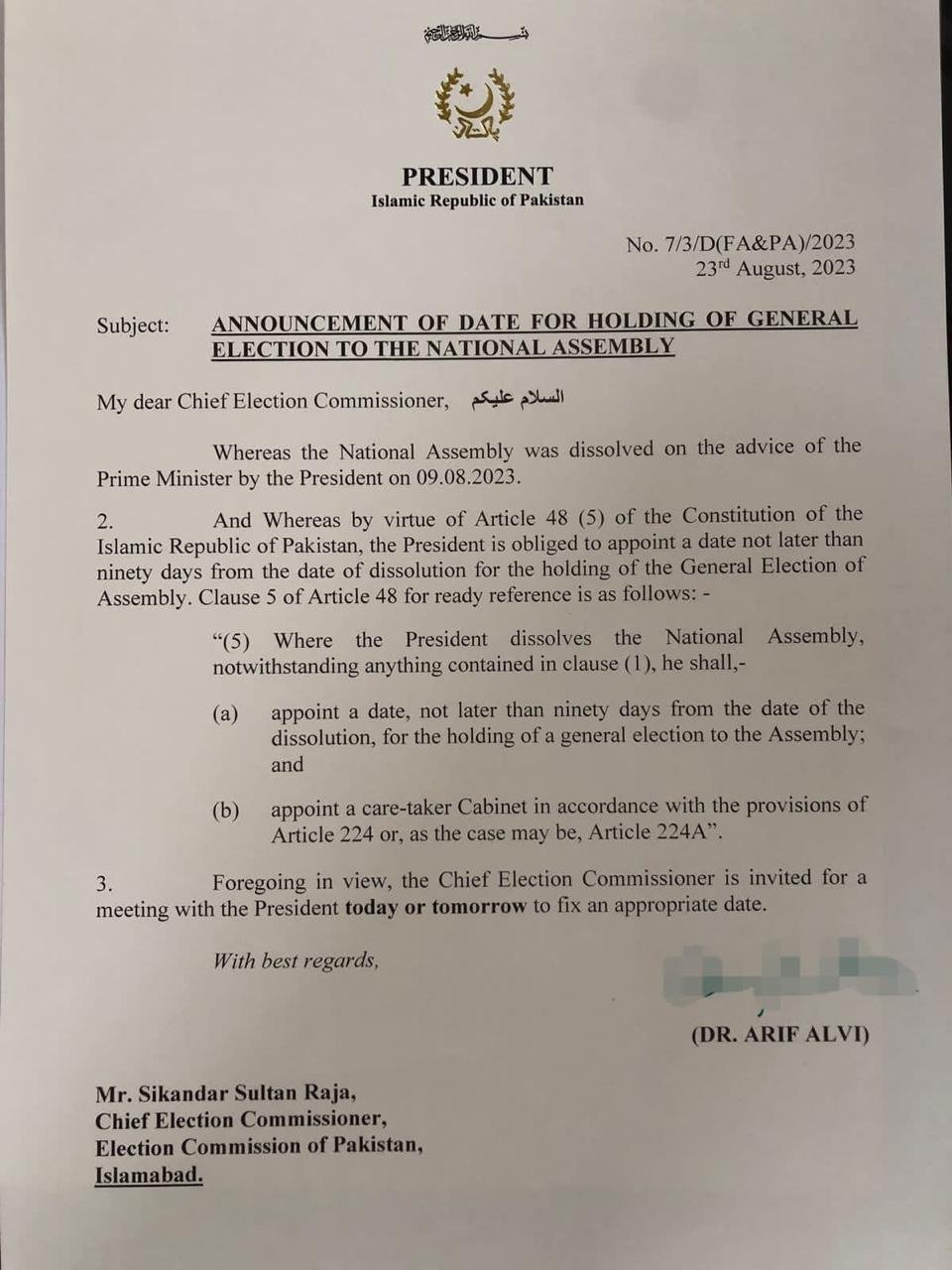
[ad_2]
Source link







































